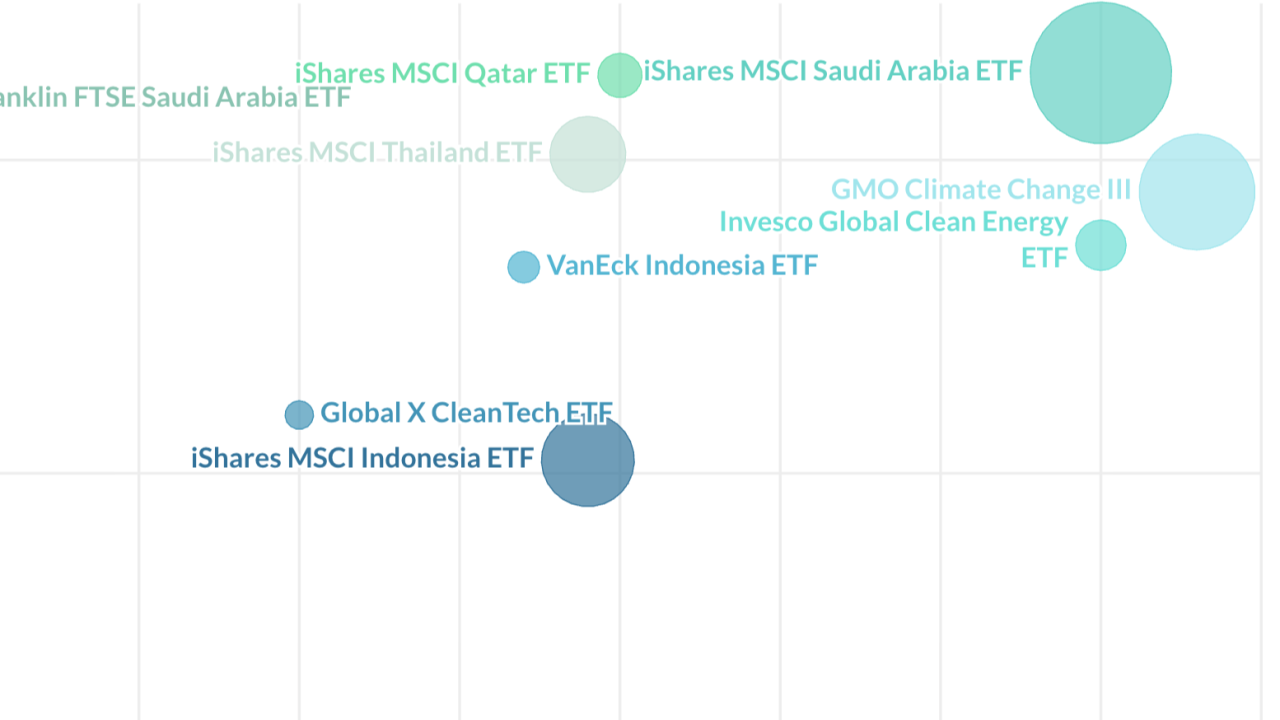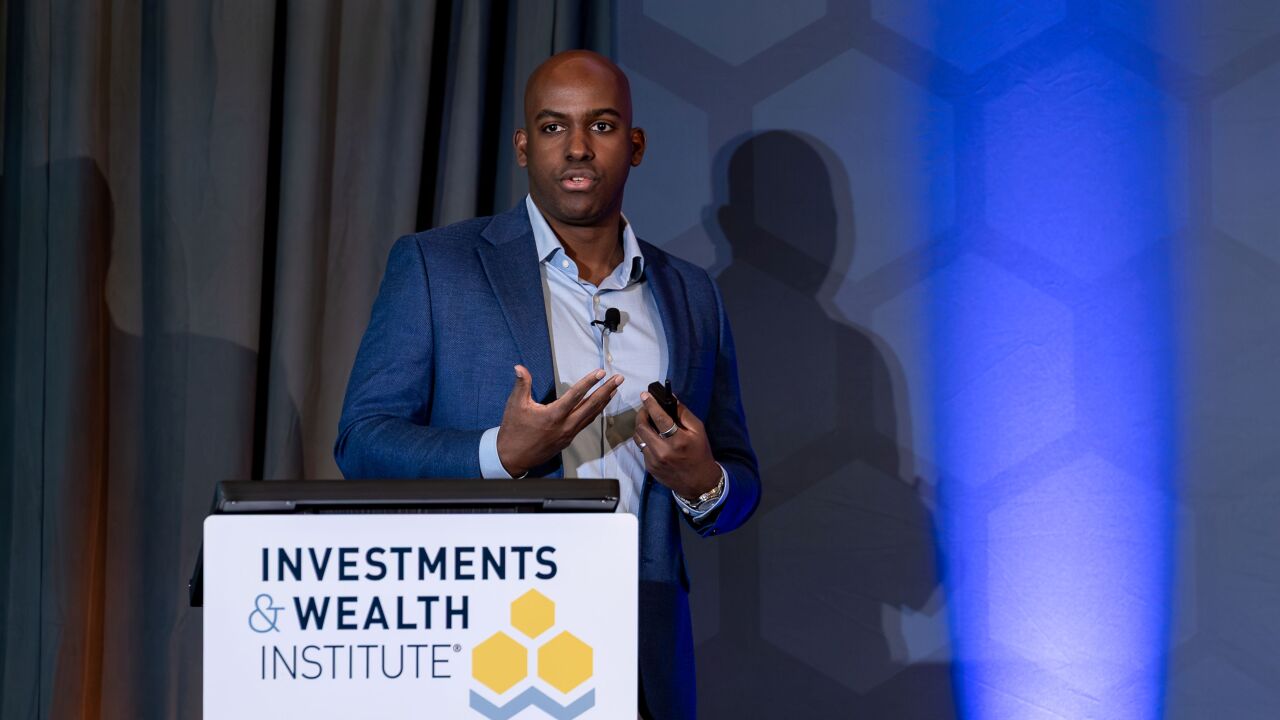Bank advisers, hang onto to your hats. Your jobs are about to get much harder and your pay is likely to be much less, thanks to the DoL's new fiduciary rule.
The rule's push to discourage commission business and avoid potential advisory conflicts of interest will challenge advisers and the money they make for their institutions, according to Peter Bielan, a principal of research firm Kehrer Bielan Research & Consulting.
"Firms will have less revenue available to pay advisers at least in the short run," he said during a conference call with hundreds of industry executives.
Revenue from wealth management services is likely to suffer because the rule punishes and attempts to squash commission-based business, which many banks rely on to generate revenue. Banks and credit unions that partner with third-party broker-dealers, for example, derive 81% of their wealth management revenue from commissions, according to Kehrer Bielan data.

Hit to revenue
The hit to revenue could be severe. A mutual fund or other investment product sold to a customer might earn a firm say 4% in commission. If money invested were instead placed into a fee-based account, as the new rule will lead many advisers to do, the firm could earn "maybe 1% and it would take a full 12 months for that 1% to show up," Bielan said.
"That really could change an income statement dramatically," Bielan added.
While the new rule does not ban commissions outright, it does make it more expensive and onerous to do so. Financial institutions that want to conduct commission business must comply with rigorous disclosure and other requirements under the best interest contract exemption, which analysts say will significantly increase costs.
"Even those that still do business under the BIC exemption, we feel will earn less," said Bielan.
In light of lower revenue, banks and credit unions will need to rethink how they pay their advisers, according to Bielan. The traditional grid that delivered handsome payouts for advisers will likely go away for all but the top performers, he said.
"We think this one-size-fits-all grid will be very difficult to implement going forward because of the vast changes that advisers' businesses will see in the upcoming couple of years," Bielan said on the call.
Bielan sees more financial institutions moving their advisers—particularly their lower producers—to a base salary and bonus, plus "some kind of profit-sharing." Such a compensation arrangement would not work for high-producing advisers as they would leave for rival firms willing to pay more competitively, Bielan said.
Bielan also expects to see the emergence of more hybrid pay plans that combine a commission grid with special incentives. The grid rates might start at 20% with additional percentage points added for advisers with significant advisory or financial planning business.
Shakeout in adviser workforce
Whatever pay plans banks and credit unions move to, Bielan anticipates a "shakeout" in the adviser workforce with the lower producers losing their jobs. Advisers in the bottom 20% to 25% of the salesforce will be in a "risky spot," especially those with a high percentage of business in commission products, he said.
The shakeout won't be limited to low producers. Modest to high producers who never made a shift to advisory may decide to call it quits. "It may not be the job that it once was for them," Bielan said. "They may be at a point in their career where they're not interested in changing to a more advisory model."
Bielan urged financial institutions not to wait for the industry to set a number and a structure for how advisers are paid. "Use this opportunity to be proactive in the compensation design, or at least explore the opportunity," he said. "Simply reacting is not going to rise you above the competition."
Bielan exhorted advisers to better align their comp plans with the profitability metrics they need and the objectives they're seeking to accomplish.
"This is an opportunity that comes along every four years, he said. "You don't get another shot at this one anytime soon."





